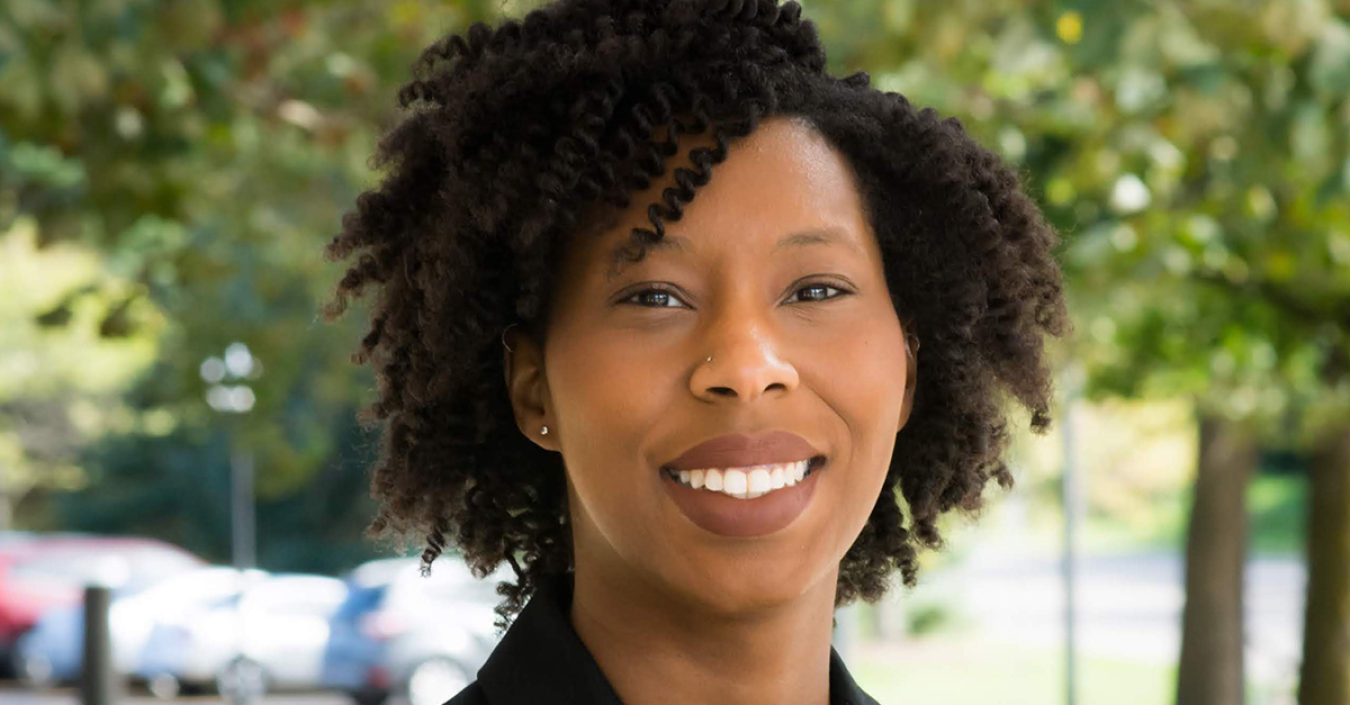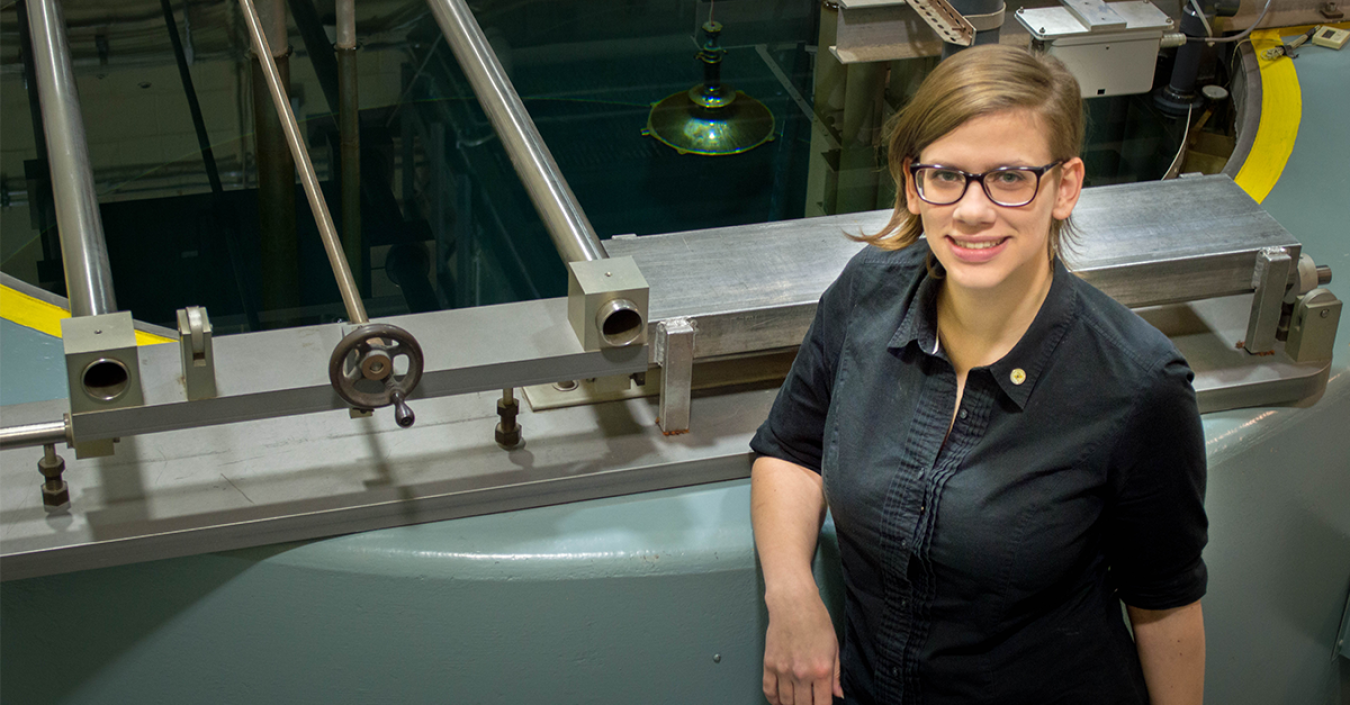From seasoned veterans to recent college grads, meet three women who are helping to empower the next-generation nuclear workforce.
March 19, 2019Less than 20% of women make up the nuclear workforce.
This is a stat that needs to change if the industry wants to continue to grow as new technologies move to market over the next decade. And, with more than 23,000 jobs expected to open up over the next 5 years, the opportunity is there to bring a more diverse set of skills to the industry.
From seasoned veterans to recent college grads, meet three women who are already making significant contributions to the field every day and are helping to empower the next generation nuclear workforce.
Kelly Lively
Thirty years ago, Kelly Lively aspired to become an accountant. Upon graduating high school, however, she began working at the U.S. Department of Energy’s Idaho National Laboratory as a human resources secretary, ultimately trading finance for nuclear engineering.
As Lively progressed from compiling procedures at the HR desk to managing quality assurance in the field, she started to view the nuclear industry as a part of her long-term future. After five years and two children, she earned a bachelor’s degree in electrical engineering from Idaho State University so that she could pursue high-level projects in the nuclear field. Today, Lively still works at INL, but she is now a department manager for Radioisotope Power Systems, overseeing space nuclear systems and technologies that have supported recent missions to Pluto and Mars.
Lively left the comfort of a secretarial position to spark change in a male-dominated industry. Given the value of diverse perspectives, she hopes that more women will be inspired to do the same.
“I think it’s important to have women working in all fields, no less the nuclear industry, because I think women bring a lot to the table,” she said. “We think differently, we manage differently, and we work differently than our male counterparts, but at the end of the day, it’s important to have that mix of people in order to come up with a good product.”
Ciara Sivels

Just last year, Ciara Sivels became the first black woman to earn a PhD in nuclear engineering from the University of Michigan, the nation’s top-ranked program. Though validating, this pioneering accomplishment could only be achieved after years of adversity.
“For me in my journey, I didn’t see someone who looked like me in this space,” she said. “At Michigan, I was the first black woman. Even in high school, in undergrad, I didn’t have any black female faculty members in nuclear. Representation is really important in these spaces that you are feeling isolated.”
Finding other women in the field helped Sivels develop a support system for success.
“I have a lot of mentors,” she said. “There’s other black women in nuclear engineering and physics out there, not just me. And we need more.”
As a senior staffer at Johns Hopkins Applied Physics Laboratory, Sivels is not authorized to discuss the details of her work. She can, however, express her passion for educating the next generation of female engineers, building on the accomplishments of women like her in the field today.
“It’s good to highlight people that are doing these things so that other students have someone to look up to,” she said. “Now, they don’t feel like they’re doing it by themselves.”
Anna Biela

Anna Biela has studied nuclear science since grade school—her grandfather was involved in the Manhattan Project, developing the world’s first atomic bomb, and her dad worked as an engineer, once contributing to the design of a nuclear power plant. Following her family’s lead, the Indiana native earned a degree in nuclear engineering from Purdue University, the alma mater of both men.
While at Purdue, Biela distinguished herself as an ambassador for the nuclear engineering department. In this role, she often partnered with the university’s Women in Engineering group to promote community outreach events and support female students in the engineering college.
As Biela prepares for a future in nuclear engineering, she draws from these experiences of the past. Though she will always appreciate her father and grandfather for introducing her to her professional passion, she is looking ahead to advocate for gender inclusivity in the field.
“Sometimes it feels strange when you look up and you’re the only woman in the class,” she said. “But, when there are more of us, there is more of an effort to ensure that our perspectives are included. Engineers are tasked with making decisions that can potentially affect millions of people, so all perspectives need to be included so that it can benefit everyone.”

